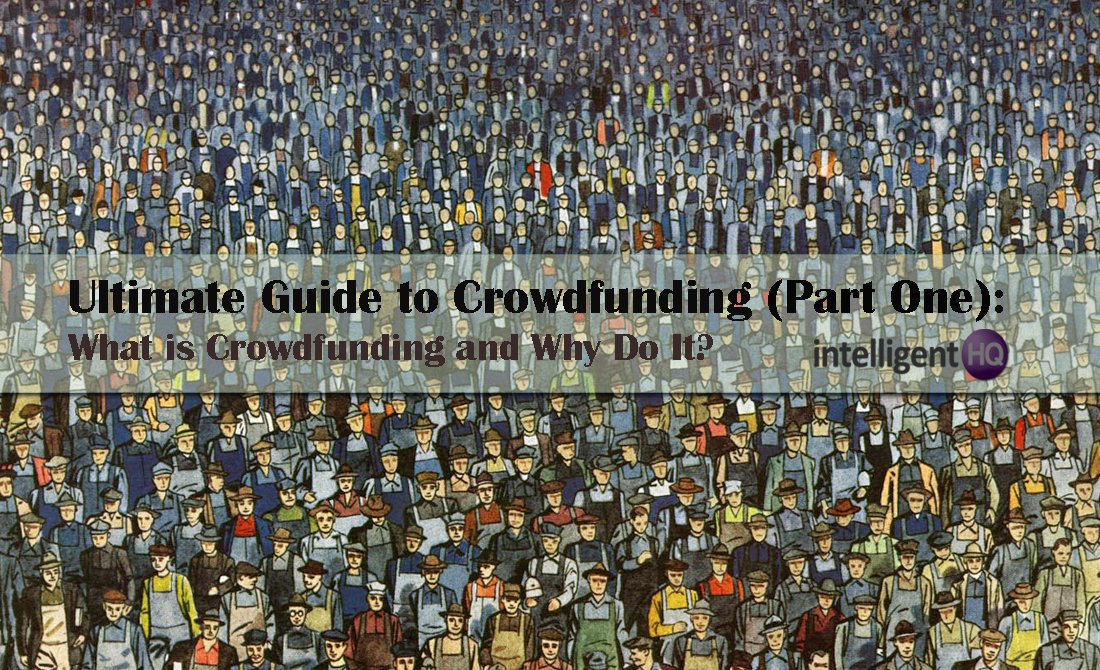In the latest interview on the Dinis Guarda YouTube podcast, Rupert Hofmann, Chief Foresight Strategist at Audi Business Innovation, delves into the integration of foresight and AI in shaping the future of technology and business. Dinis and Rupert discuss the founding of the Foresight Academy and collaborative efforts to reshape the industry through technology and strategic foresight. The podcast is powered by Businessabc.net and citiesabc.com.

Rupert Hofmann is the Chief Foresight Strategist at Audi Business Innovation. He is the initiator/creator of the Foresight Academy, where he combines his background in Fine Arts, International Business, and trend research to guide technological innovation and strategic foresight for future business strategies.
In conversation with Dinis, Rupert explains the vision behind creating the Foresight Academy:
“When I do observational drawing, then it is drawing people and modern world perspectives, and observing people for all the changes. There is a lot of interdisciplinarity coming with it. I have been doing life studies on ‘how do we want to live in the future’ because like the car and automotive industry is so intertwined with all the other areas of life. So, it has always been important for us to do it in a cross-industry way and in a way where we have dialogues with many different people and have different angles of view and that’s what brought up the Foresight Academy.”
Audi Business Innovation: Integrating digital and AI technologies
At Audi Business Innovation, Rupert plays a crucial role in shaping the company’s strategic framework that integrates digital and AI technologies into the legacy systems.
“Audi Business Innovation brings new technological implications, especially in the digital and AI world to the company. We really helped the company to bring it on the road. Audi created the business innovation and the framework to make that possible with the first Partners which were Hornbach, Ikea, Adidas, and many more.” Rupert told Dinis.
Rupert highlights the critical findings from the research at Foresight Academy. He emphasises the need for a balanced approach to AI integration that respects human limitations and enhances our natural abilities:
“We have 30 reports and many movies. We see that collaboration makes much sense in foresight because we get a broader view, and we get more credibility from the learnings.
What we learned from one of this research is the importance of Europe being at the forefront of smart regulation to bring AI in the race in terms of climate change. People will now have tech and the tremendous opportunities of AI embedded in a huge way. So, to say it simply in a way that fits our senses and our physical limitations as well which enhances that but not by becoming cyborgs but more subtle humanely.”
Foresight Academy: Advancing technological foresight
The Foresight Academy, founded by Rupert, is a collaborative initiative that brings together industry leaders to explore future technological and societal trends. Rupert tells Dinis:
“Foresight Academy is a collaboration of major companies innovating together responding to the question ‘how do we want to live in 10 years?’. We are researching and exchanging around that question and try to respond to that because the partner companies use that to influence their strategy, their product development, and so on.
We have a joint budget, we have research questions which all the partners bring up because that’s interesting to see where the overlaps are between the most interesting research questions of Ferrari, of Allianz, of Porsche, and McDonald’s. So, you have a very broad view and then we build hypotheses together. We work on that; we have exchange meetings. So, it’s really a kind of an exchange and research journey which we’re doing together, so that we have the strategy.
The innovation, the business development, and the product development people from the different industries working together is how we do that and then we visualise it. We have a legacy that does a major part of the research and visualisation and we use all the material to spark innovation and good foresight knowledge in and its application in our diverse companies.
So, it’s three things: the exchange, research and of course, transfer how to bring the knowledge about potentials, about what makes sense, what people want to make out of these shifts, how to use that to spark the development of the products and services and to position the brand in the right way. So, the basic question is who we want to be as a brand in a few years.”

Pallavi Singal is the Vice President of Content at ztudium, where she leads innovative content strategies and oversees the development of high-impact editorial initiatives. With a strong background in digital media and a passion for storytelling, Pallavi plays a pivotal role in scaling the content operations for ztudium’s platforms, including Businessabc, Citiesabc, and IntelligentHQ, Wisdomia.ai, MStores, and many others. Her expertise spans content creation, SEO, and digital marketing, driving engagement and growth across multiple channels. Pallavi’s work is characterised by a keen insight into emerging trends in business, technologies like AI, blockchain, metaverse and others, and society, making her a trusted voice in the industry.



























